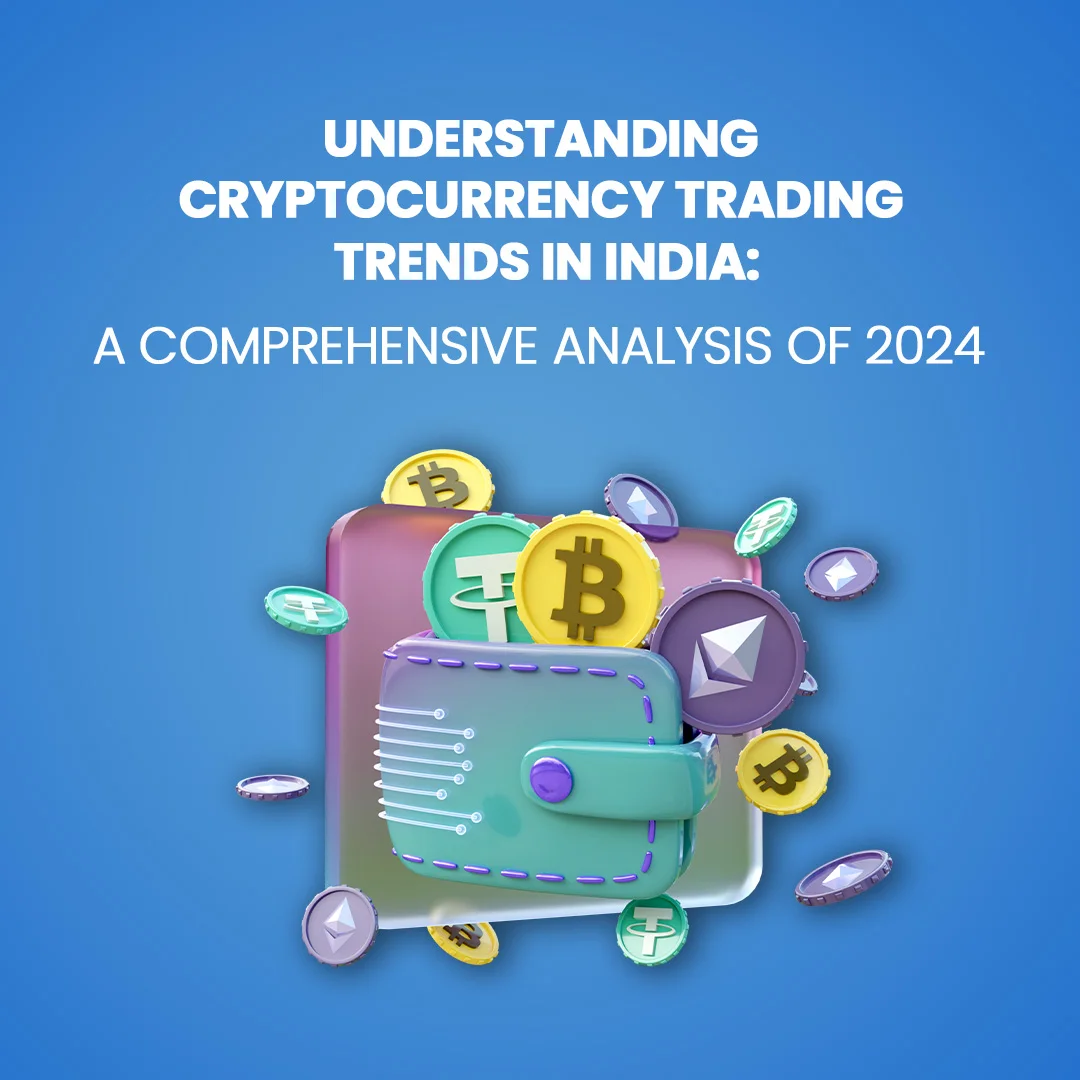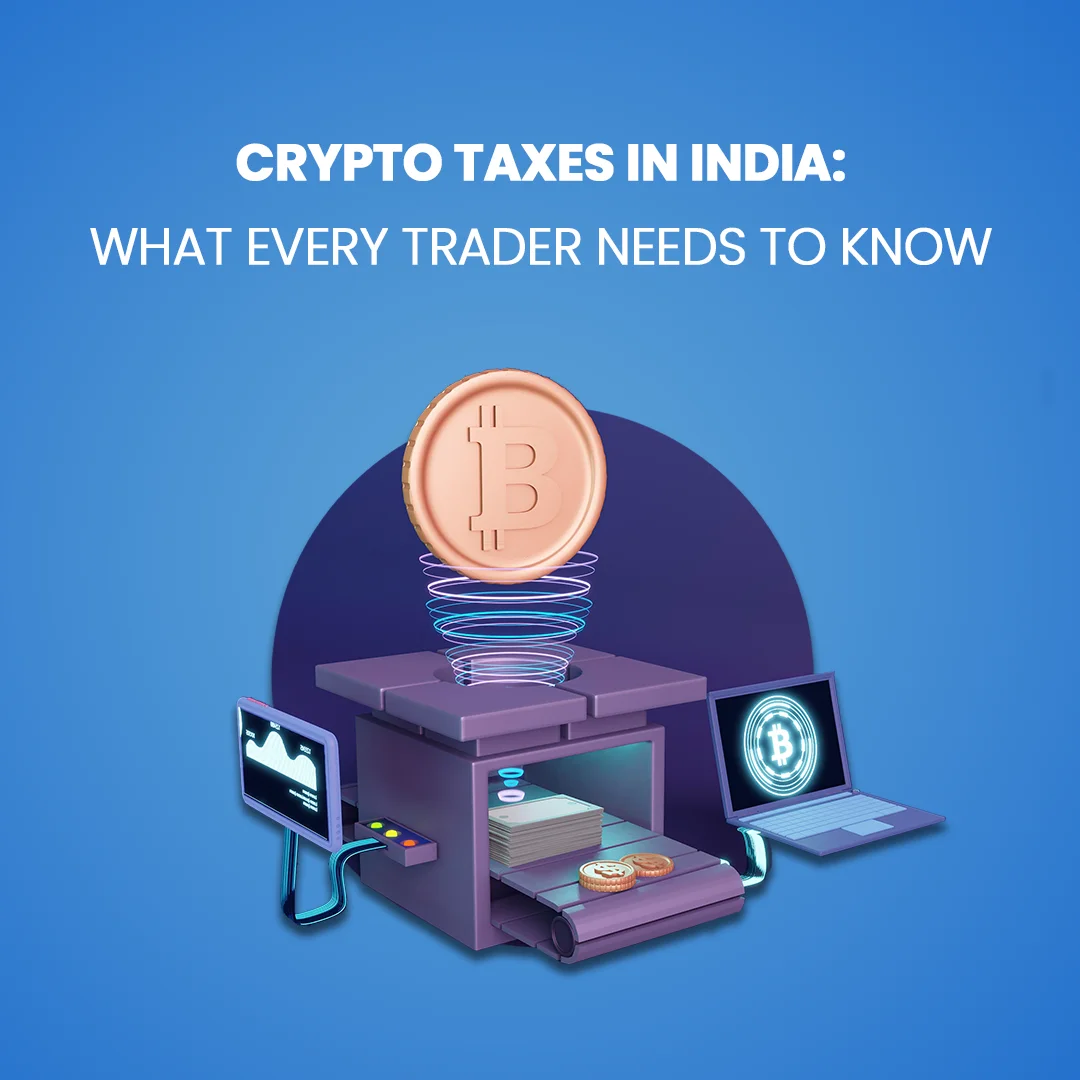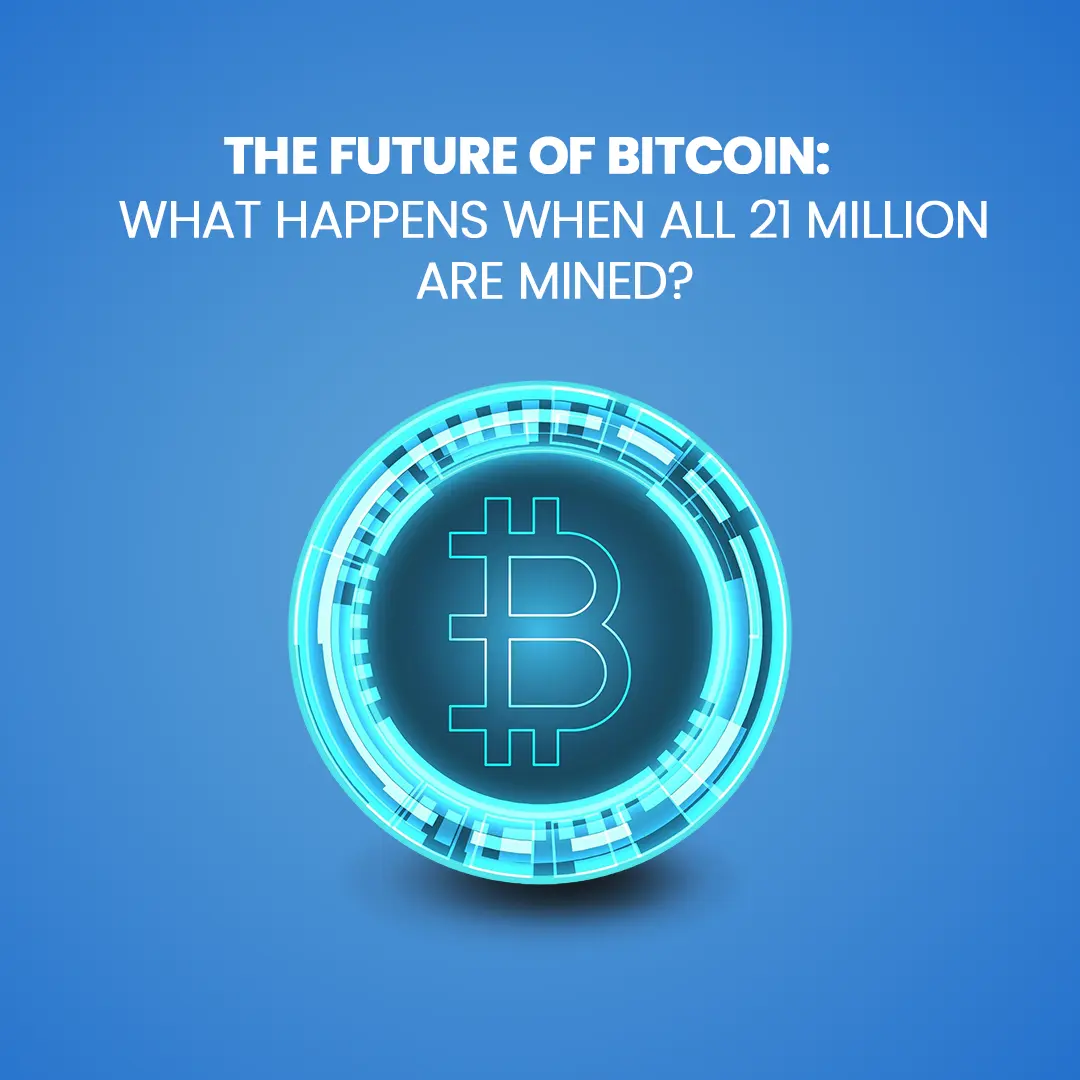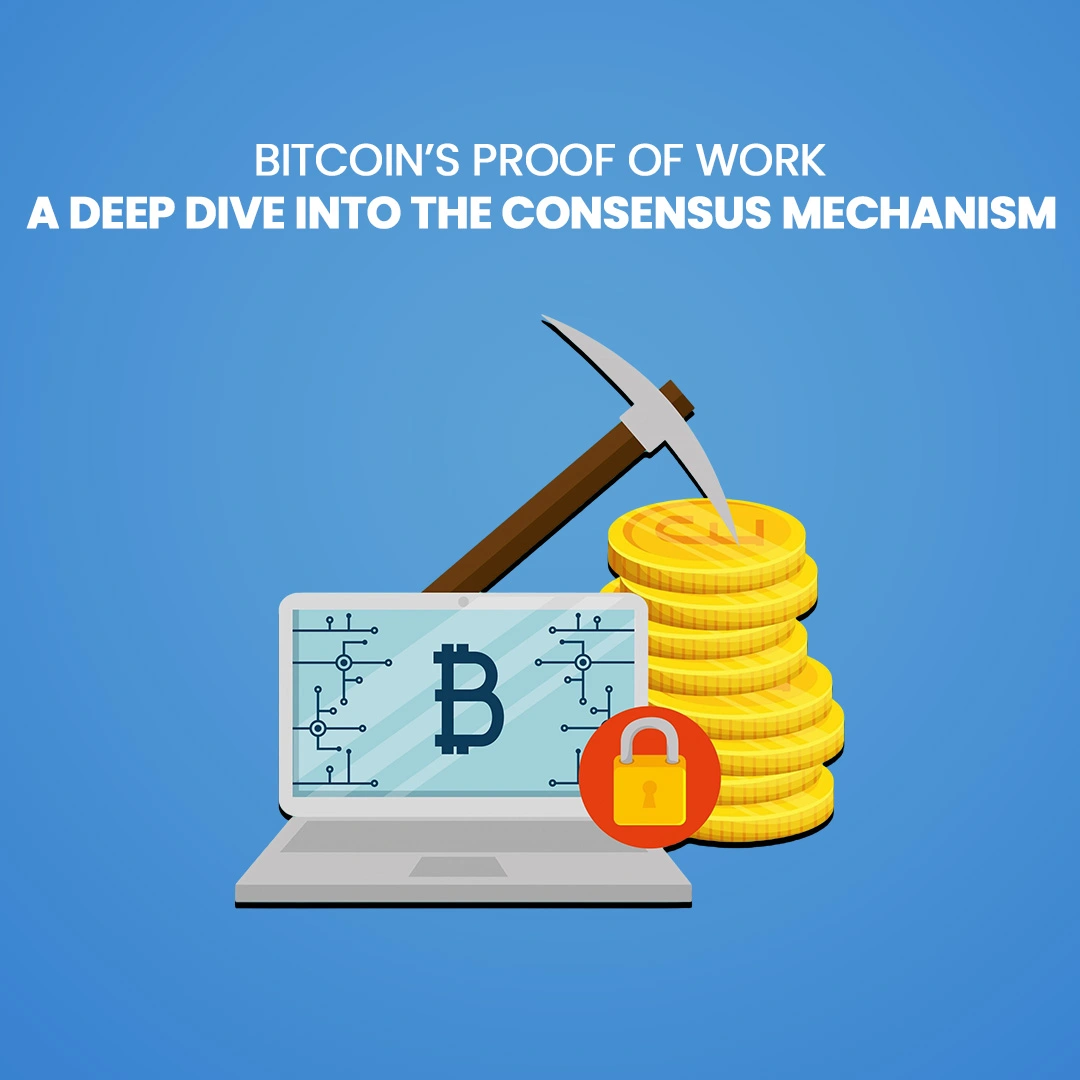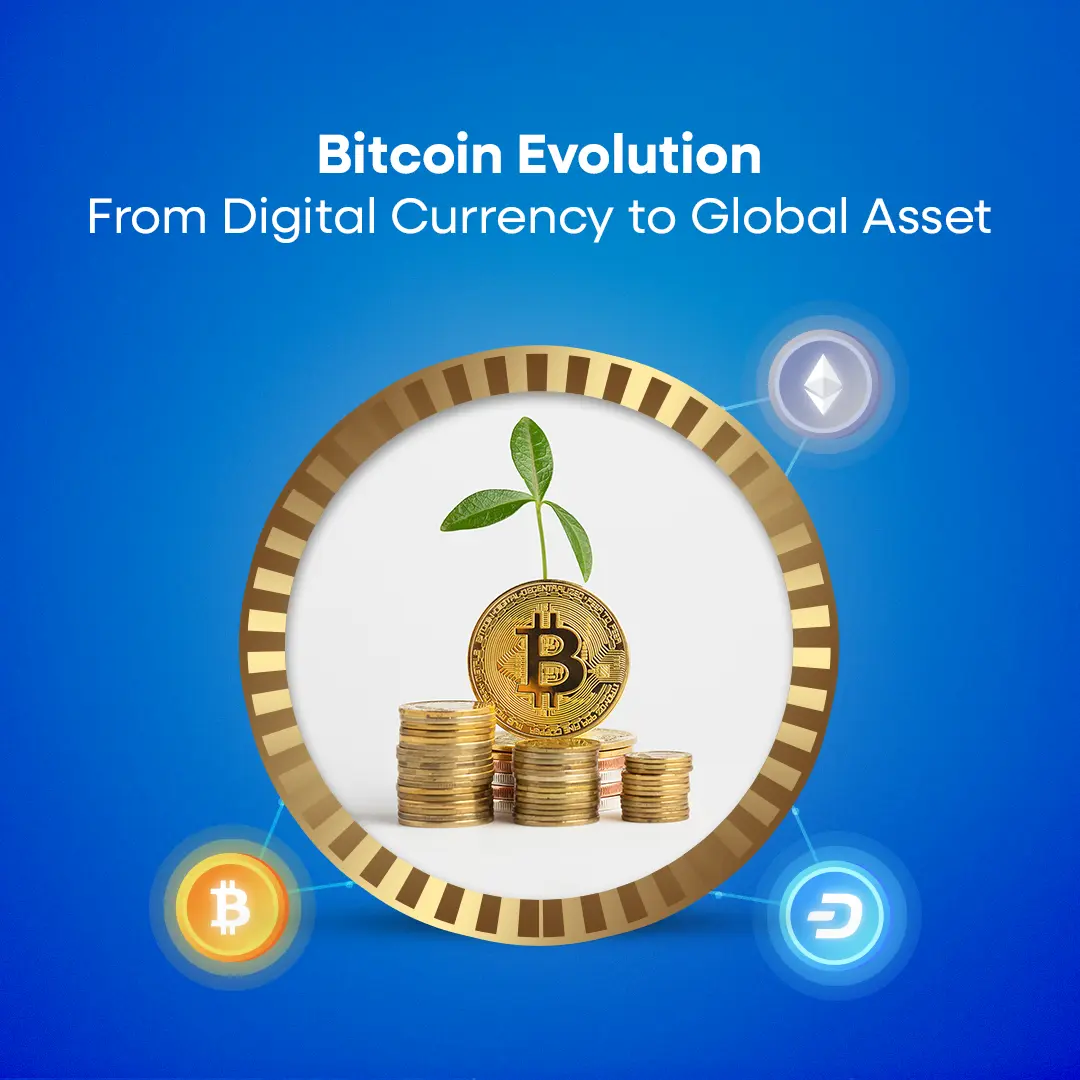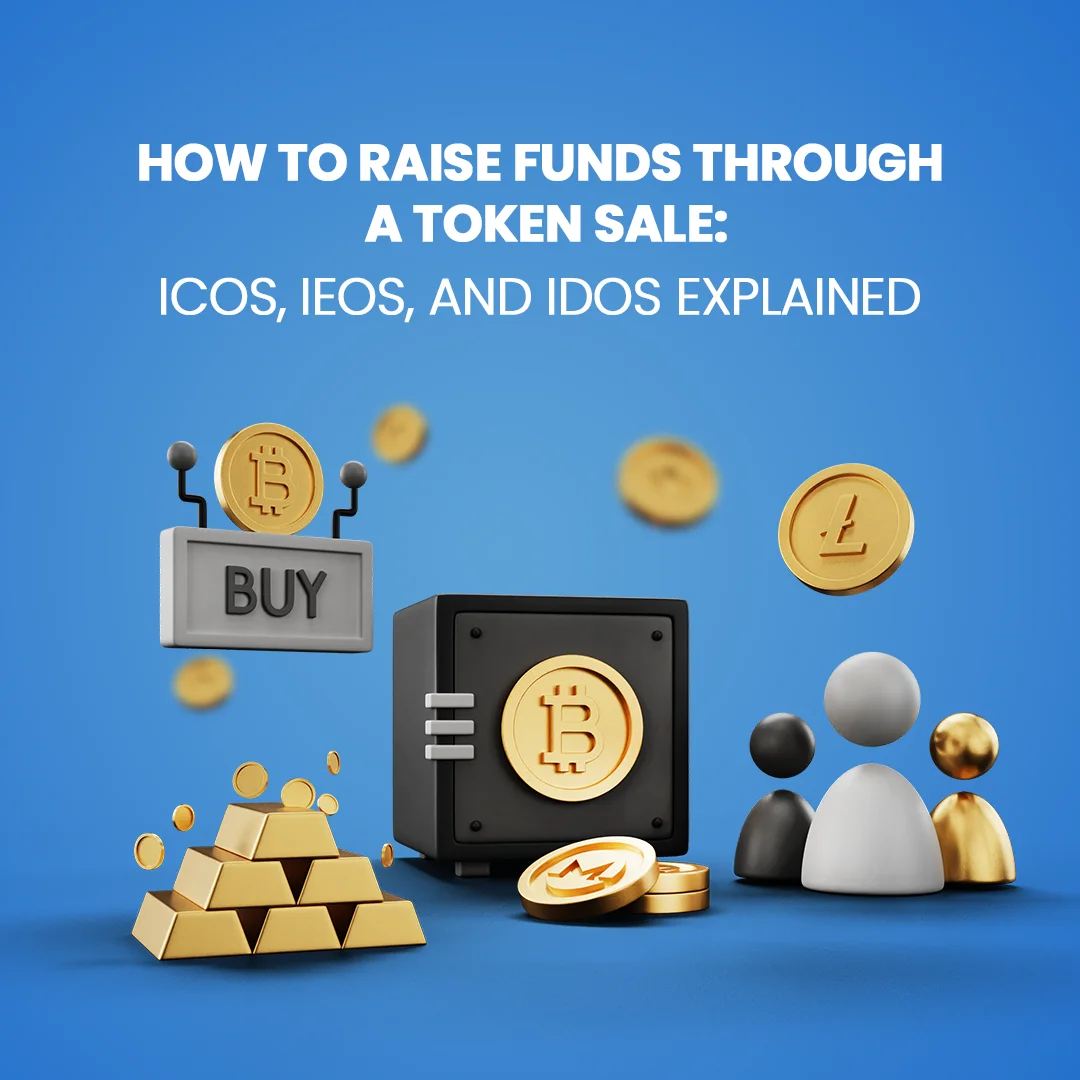

What Are Altcoins?
Altcoins are cryptocurrency assets that are known to be Bitcoin alternatives.
Since Bitcoin was the first cryptocurrency, hundreds more were later developed to either offer functionality that was not founded in Bitcoin or to improve upon its design.
Because they offer a variety of uses, functions, and technologies, altcoins are crucial to the cryptocurrency ecosystem because they add diversity and innovation.
Altcoins are defined as any cryptocurrency that isn’t Bitcoin.
Since Ethereum is so well-known, many people view it as an exception, even though technically it is still an altcoin.
How did Altcoin originate?
The majority of altcoins are made by altering the Bitcoin or Ethereum source code.
This procedure is referred to as a “fork.” Developers who are dissatisfied with the way Bitcoin functions may choose to build an alternative version with unique features.
One of the first altcoins, for instance, was Litecoin, which was created to provide quicker transaction times and less energy usage than Bitcoin.
Some altcoins were created from the ground up, such as Ethereum. They weren’t merely created to make Bitcoin better; they had completely different objectives in mind.
Ethereum intended to be more than just a cryptocurrency by building an architecture for smart contracts and decentralized applications (dApps).
Innovation in Altcoins
In most cases, altcoins were developed to address the weaknesses or shortcomings of other cryptocurrencies, cater to a particular sector, or fulfill some objective.
Some altcoins, like Cardano and Solana, employ quicker and more energy-efficient systems, including proof-of-stake, as opposed to the extremely energy-intensive proof-of-work (PoW) technique used by Bitcoin.
Certain altcoins are made with a particular industry in mind. For instance, the goal of Ripple’s XRP is to reduce the cost and speed of international bank transfers.
The purpose of Filecoin is to enable decentralized file storage.
Let’s check how altcoins are different from Bitcoin
In terms of usage & refinement
Bitcoin is the first cryptocurrency known to the world and is pioneering blockchain technology as the original digital asset.
Alternative coins (altcoins) were developed to improve the flexibility and perceived shortcomings of the Bitcoin system.
In terms of prices
A recent price surge resulted in several traders’s inability to afford Bitcoin.
Altcoins are more affordable, making investing possible for those with budgetary issues.
In terms of fees
Bitcoin’s popularity and network congestion frequently result in higher transaction costs.
Altcoins often have reduced transaction fees and leverage innovative blockchain technology to facilitate faster and cheaper transactions.
In terms of volatility
Bitcoin is recognized as volatile, but still less than newer ones in the market.
Altcoins, as newbies to the market, are often more volatile, with prices that can swing substantially.
However, the fact remains that the entire cryptocurrency market is volatile.
In terms of digital safety
Bitcoin, while credible, has seen its fair share of scams and fraudulent attempts.
Altcoins are being created with better security features to lower the danger of fraud and theft, resulting in a safer transaction experience.
In terms of use cases
Bitcoin is frequently regarded as a store of value, comparable to digital gold, especially as its global popularity grows.
Altcoins are deemed useful for trade and may have specialized use cases based on the platform with which they are associated.
In terms of stability
Bitcoin has a proven track record, making it a reliable option for investors even during market crashes.
Altcoins are still building their reputation but offer potential growth and innovation in the crypto space.
Is Altcoin different from Crypto Token?
Altcoins are just an alternative to Bitcoin, made better in terms of functionality. They usually have independent blockchains. Cardano, Litecoin, and Ethereum are a few examples of altcoins. These tend to focus on enhancing particular facets of blockchain technology, such as energy efficiency or transaction speed.
Conversely, a cryptocurrency token is developed on top of a pre-existing blockchain, specifically Ethereum. Tokens are assets or services that are represented within a particular platform or application rather than having their own blockchain. Chainlink (LINK) is an example of a utility token.
Here’s something very engaging for Indian traders.
Scope out everything you need to know about crypto coins and crypto tokens that are most talked about in India. Keep a watch on this list that reviews coins and tokens for Indian traders, updated within the last 24 hours. Click here to see what millions of Indian investors are looking at.
What are the different types of altcoins?
There are different types of altcoins, and they are distinguished by what they are designed to function as-
Payment tokens
These tokens function quite similarly to digital currency. You can use them to make purchases or transfer money.
Litecoin, developed as a speedier version of Bitcoin, is an excellent example of a payment token.
Stablecoins
These coins are renowned for having a stable value, unlike other cryptocurrencies that fluctuate too quickly. They are frequently associated with something stable, such as regular money (for example, US dollars). Examples are Tether (USDT) and USD Coin.
Security Tokens
These digital assets are digital representations of ownership in assets such as equities and real estate. They are more like investments, and as such, they are regulated by government organizations such as the Securities and Exchange Commission in the United States.
Utility tokens
Utility tokens are utilized for a certain blockchain or project. They can be used to pay for various services, transaction fees, and even storage space. One well-known example is Ethereum (ETH), which is used on the Ethereum network to pay for transactions.
Meme coins
Coins that originate from online jokes or trends are known as meme coins. Some meme coins have become extremely popular.
The most well-known is Dogecoin, which began as a joke but grew in value because of online publicity and community support.
Governance tokens
These tokens allow holders to vote on blockchain operational decisions. They gave the community a say in future updates and modifications. For instance, Uniswap’s UNI token enables users to vote on modifications to the platform’s protocol.
Here are some well-known top altcoins you must know about
1. Ethereum (ETH)
Ethereum is the largest and best-known altcoin. Unlike Bitcoin, which is primarily utilized as a digital currency, Ethereum functions more like a massive computer network. It enables users to create decentralized apps (dApps) and leverage smart contracts that do not require a middleman. While some criticize Ethereum for its high transaction costs, it enables numerous other cryptocurrencies and apps, making it a key participant in the crypto industry.
2. Binance Coin (BNB)
Binance Coin (BNB) is a utility token that is mostly utilized on the Binance exchange, which is one of the world’s largest cryptocurrency trading platforms. You can use BNB to pay trading expenses and receive trade discounts. It is also used to schedule travel and pay for services. Some critics believe it is not as decentralized as other cryptocurrencies, and there are reservations about the US government’s investigation into its early days of operation.
3. Solana (SOL)
Solana is designed for quick and safe transactions. It is widely recognized as one of the fastest digital currencies available, making it ideal for decentralized finance (DeFi), apps, and smart contracts. To speed up transaction processing, Solana employs a combination of two systems: proof-of-stake and proof-of-history.
4. XRP (XRP)
Ripple Labs created XRP to allow users to trade various types of assets rapidly and cheaply. It is ideal for cross-border money transfers due to its minimal transaction fees. However, Ripple is engaging in a legal dispute with the United States government over whether XRP should be classified as a security, despite the fact that Ripple claims it is a currency similar to Bitcoin.
5. Dogecoin (DOGE)
Dogecoin originated as a joke cryptocurrency in 2013, but it has since grown to become one of the most popular altcoins. It has a large and enthusiastic consumer base, and many people enjoy its lighter mood and memes. Unlike Bitcoin, which has a limited quantity, Dogecoin may be mined endlessly; therefore, there is no limit to how many can be created.
6. Cardano (ADA)
Cardano is known for using a system called Proof-of-Stake, which is faster and uses less energy than Bitcoin’s system. This makes Cardano more eco-friendly. In 2021, Cardano added the ability to run smart contracts, making it even more powerful. It’s also becoming popular for building new apps and blockchain projects.
7. Toncoin (TON)
Toncoin was created by Telegram, a prominent messaging service, in 2018. Developed initially to facilitate payments within the app, it has since expanded into a bigger blockchain initiative. It employs a proof-of-stake architecture, allowing network transactions to be completed quickly and securely. The moniker “TON” now stands for “The Open Network,” reflecting the organization’s broader goals.
8. Avalanche (AVAX)
Avalanche is a direct competitor to Ethereum, and its goal is to become the most widely used ledger for running decentralized applications (dApps) and smart contracts. What distinguishes Avalanche is its emphasis on processing a large number of transactions while maintaining speed and security. It seeks to address the “blockchain trilemma” by being secure, scalable, and decentralized all at once.
9. Shiba Inu (SHIB)
Shiba Inu is a meme coin launched in 2020 as a fun experiment to determine if a community could administer a cryptocurrency without central leadership. Even though it began as a joke, similar to Dogecoin, it quickly acquired popularity, thanks in large part to proponents such as Elon Musk. SHIB grew so popular that it momentarily surpassed Dogecoin in market value in 2021.
10. Polkadot (DOT)
Polkadot was designed to facilitate integration among blockchains. Developers can build specialized blockchains for specific applications that connect to Polkadot’s central hub. This enables greater flexibility and innovation. DOT is the Polkadot network’s coin, and it plays an important part in the ecosystem.
11. Bitcoin Cash (BCH)
Bitcoin Cash is an encrypted version of Bitcoin that was developed in 2017 via a “hard fork.” It’s intended to be used as electronic cash in peer-to-peer transactions. The goal is to make global payments faster, easier, and more decentralized than traditional payment methods, providing a viable alternative to Bitcoin’s long transaction times.
Strengths and weaknesses of altcoins
Strengths
- Diverse Uses :-
Altcoins aren’t limited to simple transactions. They power a range of functions, from decentralized apps (dApps) to smart contracts and storage solutions. - Innovative Features :-
Many altcoins introduce features like faster transaction speeds, lower fees, and enhanced security, making them suitable for a variety of use cases beyond traditional payments. - Affordable Entry Point :-
Altcoins are generally more affordable than Bitcoin, providing a low-cost entry for new traders looking to get involved in the crypto market with a smaller investment.
Drawbacks
- Market Volatility :-
Altcoins are highly volatile, meaning their prices can rise or fall drastically in short periods, posing higher risks for traders compared to more stable cryptocurrencies. - Lower Adoption :-
Bitcoin still enjoys the most widespread recognition and usage. In contrast, many altcoins have limited adoption, reducing their utility and places where they are accepted. - Risk of Failure :-
Some altcoins may lose developer support or community backing, leading to their eventual downfall. This makes them riskier investments compared to well-established cryptocurrencies like Bitcoin and Ethereum.
What is the Future of Altcoins?
The future of altcoins is full of opportunities, although not many realize it in today’s time and age.
As blockchain technology develops, many cryptocurrencies may become more important in sectors including supply chains, gaming, healthcare, and banking.
Certain altcoins could power decentralized apps (dApps), providing fresh approaches to digital assets, smart contracts, and data privacy which is the need of the hour in a world that’s moving fast towards digitalization.
Their success is primarily reliant on the acceptance ability of different sectors to address practical issues, innovate continuously, and get broad adoption.
The future and the ways in which cryptocurrencies adjust to shifting market conditions will also be greatly influenced by the clarity of regulations.
In the end, the value of a cryptocurrency is likely to endure as long as its blockchain is secure, scalable, and useful.
Conclusion
In addition to Bitcoin, altcoins have expanded the possibilities in the cryptocurrency space with a wave of innovation.
From utility tokens that run decentralized applications (dApps) or particular services within blockchain ecosystems to payment tokens made for quicker, less expensive transactions, they provide new traders with a wide range of alternatives.
While some altcoins, like Ethereum, enable smart contracts, others emphasize on enhancing governance, scalability, or privacy.
Despite the inherent risks associated with altcoins, which include volatility, security issues, and legal uncertainty, their diversification enables investors to check out a range of industries, including gaming, NFTs, and DeFi. Altcoins appeal to people who are interested in developing technologies or specialized sectors because of their broad range of usage cases.
It is, however, crucial to conduct thorough research, comprehend the technology and team behind each digital currency, and evaluate its potential for adoption and real-world utility before making any investment decisions
FAQs
Yes, they can be yielding, but they also carry greater risk because of market volatility.
Though it is essential to study the market before investing, some well-liked altcoin choices include Ethereum, Binance Coin, Solana, and Cardano.
You may easily buy altcoins on regularized cryptocurrency exchanges like Binance, 1FX, NXTDCX, Coinbase, or Kraken.
Some altcoins may not be viable in the long run, and others may have lesser liquidity and be extremely volatile.
Real-world application and ongoing evolution in the world of blockchain promises a brilliant future for altcoins.

